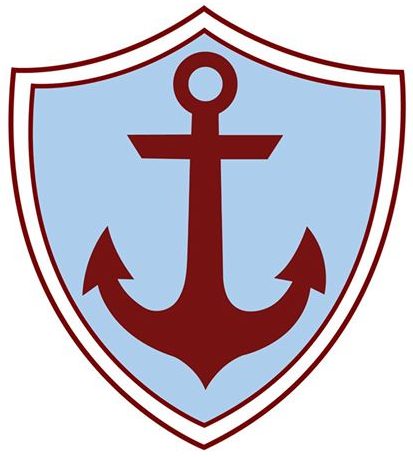By Ross McCutcheon and Beth Bohman
To recap from the previous article, we want to help you learn from financial mistakes. As the longest-tenured Dave Ramsey coach in the U.S. with over eighteen years of coaching experience, I have observed these top six mistakes that clients have made.
1) Using an emergency fund for non-emergency expenses
2) Failing to include non-monthly expenses in their budgets
3) Failing to keep accurate bank account records
4) Losing sight of their financial goals
5) Slipping back into old patterns and spending behaviors
6) Justifying their unwise decisions
This is a close look at the first mistakes. We will continue with the following two next time.
1) Using an emergency fund for non-emergency expenses. The definition of an emergency expense is something unexpected that requires your cash immediately. This does not include money for student loans, vacations, shopping, entertainment, buying property, starting a business, or anything else you want. It is a NEED. The following list of examples of when to dip into the emergency fund is not inclusive, but does cover the most likely ones.
- A car wreck/major car repairs
- Medical services at the emergency room or a hospital stay

- Repairs for or replacement of a large appliance or to your house (e.g., roof repair, plumbing)
- Loss of employment
- Family emergencies (e.g., expenses to help an ill or injured relative, money to help a relative with funeral costs)
2) Failing to include non-monthly expenses in their budgets. These expenses can creep up on you when you’re not looking. They can destroy any budget. If you don’t plan for non-monthly expenses, then they could become an emergency. You should include them in your budget by setting aside a part of the amount every month to have in full when it is due. To do this, figure out the cost of each expense and divide by 12. Set aside this portion each month and label it as a sinking fund for non-monthly expenses. Then you can supply the full amount when these bills are to be paid.

Here are some examples that should be included in the budget.
- Insurance payments and property taxes
- Memberships and subscriptions
- Health expenses (eyeglasses, prescriptions filled quarterly, flu shots, etc.)
- Vacations/Travel expenses (passports, visas, etc.)
- Holidays/Birthday expenses
- Seasonal expenses (hunting licenses, sports, team memberships, etc.)
- Vision and dental checkups
*Images obtained from Pexels.com and Unsplash.com
